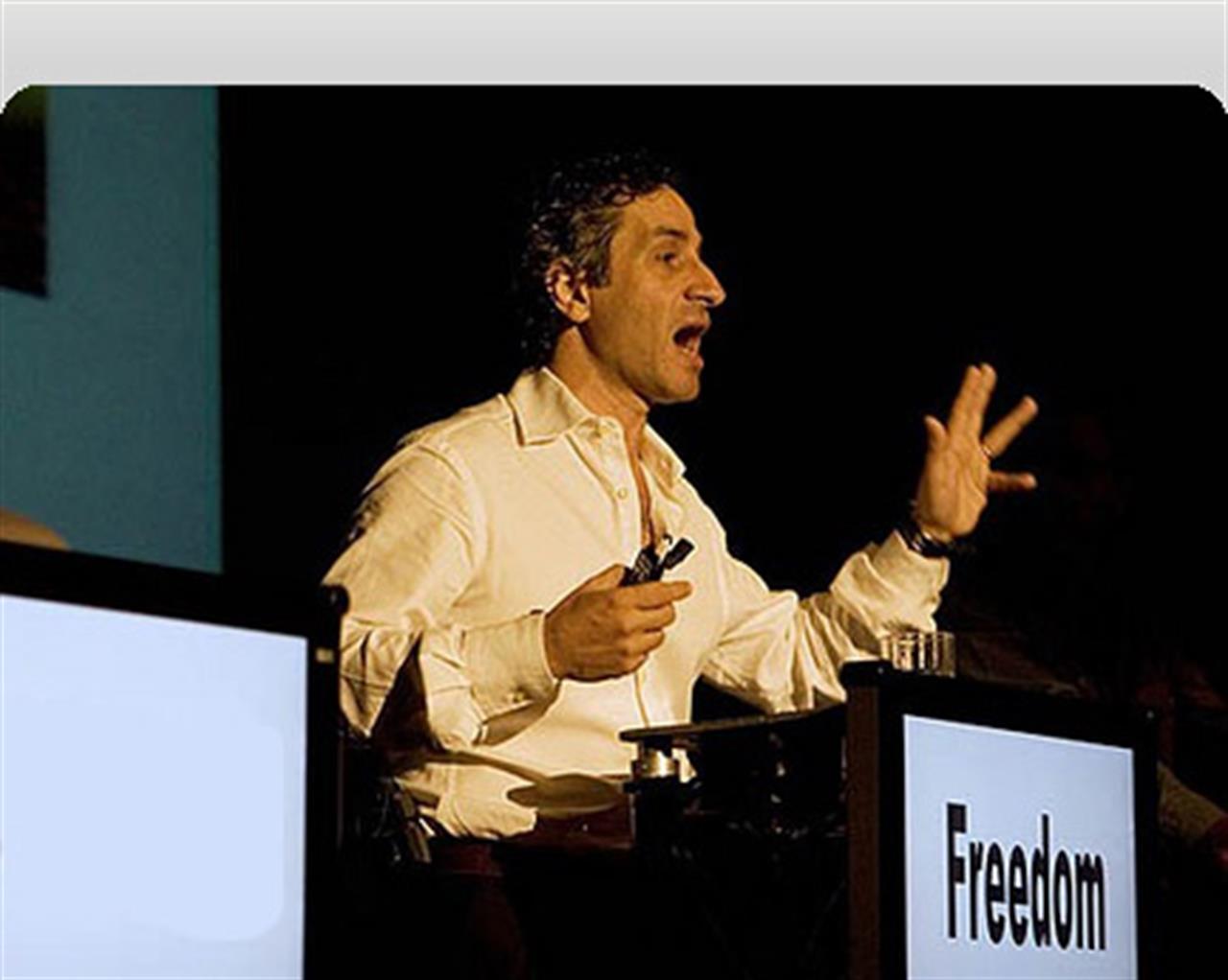Non profit
Third sector: say hello to the Wikieconomy
The third sector must embrace technology and find creative, new ways to grow, says Marcelo Iniarra, social marketing and campaigning pioneer. Why? Because the information era gives us all the tools we need to become independent social campaigners...
di Staff

Marcelo Iniarra Iraegui, who has recently founded his own international creative consultancy – www.marceloiniarra.com – is an innovative marketing professional with 20 years experience in the non-profit sector. As fundraising & campaign innovation manager at Greenpeace International he obtained a reputation for being one of the international pioneers of online fundraising and campaigning. Now he is causing a stir in the sector as an independent player and working with NGOs like ActionAid and Habitat for Humanity, institutional bodies like the UNCHR and big multinationals wanting to invest in csr like Nike. Are new media tools just a fad? According to Iniarra, not: technology is here to stay, and NGOs better get with the times, or they will be left behind with the dinosaurs…
Do you think that the economic crisis we are living at this time affects the economic potential of non profit organisations?
Nooooo!! If you have an attractive offer that captures the audience’s imagination you can achieve good results even in the most desperate economic crisis.
What are the latest social marketing trends?
Non profit organisations can’t escape the global forces. We are living the era of information, where everyone can access the information they need instantly on Google. Which is why I believe that social change needs to embrace a new era: the era of ideas. The moving forces behind the era of ideas? Creativity, the element of surprise, and the capacity to inspire people to become involved in social causes. Its tools? Mobile phone technology and web 2.0.
What about the risk that this “era of ideas” become the instrument of the same old elites and that the digital divide prevents there from being a plurality of voices?
The digital divide will eventually disappear, because technology is here to stay. The social divide, on the other hand, will find its way around the technology: look at Latin America, where even in the most remote villages you can surf the net in a cyber café for 10 euro cents a minute, or Africa, where the use of mobile phone technology for social action is more advanced even than in the USA or Europe.
What do you think about the creation of virtual communities within social networks – is it worth the effort?
Certainly this is one of the latest trends, whether we are looking at large organisations that work in campaigning, like Greenpeace or Amnesty, or small, local organisations who can count on the support of an existing community drawn to their particular cause. Like Facebook, idealistas.org, Myspace and so on. I can’t imagine a future where organisations don’t count on a virtual community for support. It is a new ray of hope for social change.
Finding managers with the right skills and experience for the third sector is a growing problem. Don’t you think that the sector runs the risk of being flooded by people who have only ever worked in for profit companies, and who could compromise the integrity of the sector’s mission?
Human resources is a theme that I am passionate about, and I believe it to be crucial to the sector’s development. There is, indeed a crisis, but not because the human resources come from for profit backgrounds, but because it is hard to find intelligent people. I am with Google’s innovation vice president, Marisa Meyers, when she says: You have to hire intelligence, not experience!
The third sector today needs people who take risks, who are creative and committed. Otherwise we won’t change a thing. We will carry on in a status quo where NGOs will eventually loose their reason for being, because the new media provide the tools for action for free, and available to all. It is time to hire people who want to take on the challenge of reinventing the NGO framework and their place within the community. As the inspiring Tom Peters says, talking about the for profit world: we need people with crazy ideas!
Do you think there is a limit to the amount of fundraising a non profit organisation can carry out?
The limit lies at the point in which you achieve social change! If you can do this with 100 euros, then it’s a good idea. But I think that, if fundraising is to work and contribute towards social change, organisations have to generate good ideas as well as raise funds. If the funds you have raised are more than what your organisation needs, then surely there is someone out there who needs the money, which is how collaborative projects start. Welcome to the wikieconomy!
Nessuno ti regala niente, noi sì
Hai letto questo articolo liberamente, senza essere bloccato dopo le prime righe. Ti è piaciuto? L’hai trovato interessante e utile? Gli articoli online di VITA sono in larga parte accessibili gratuitamente. Ci teniamo sia così per sempre, perché l’informazione è un diritto di tutti. E possiamo farlo grazie al supporto di chi si abbona.
